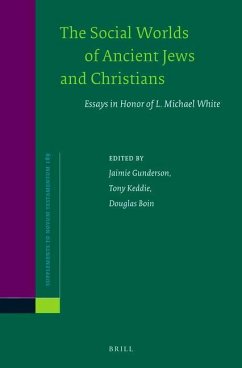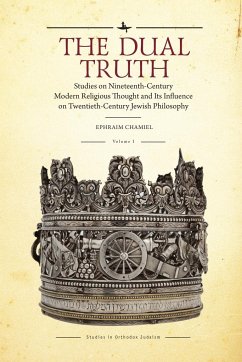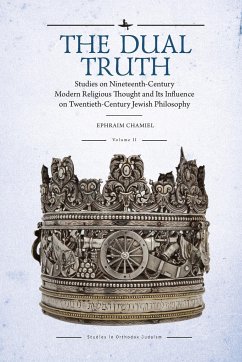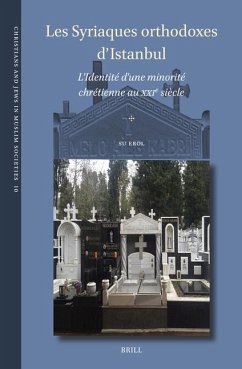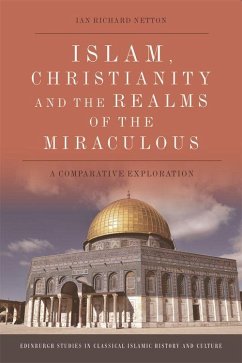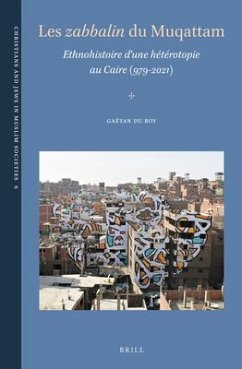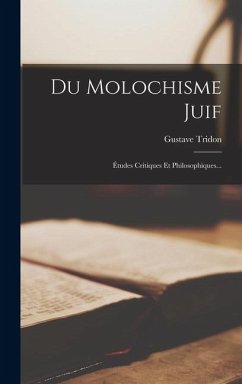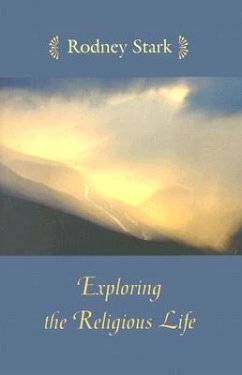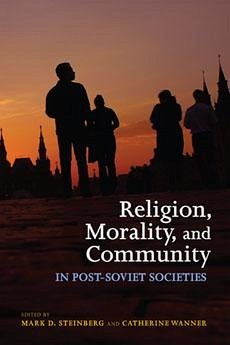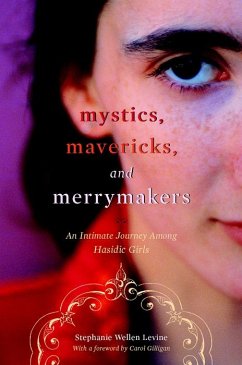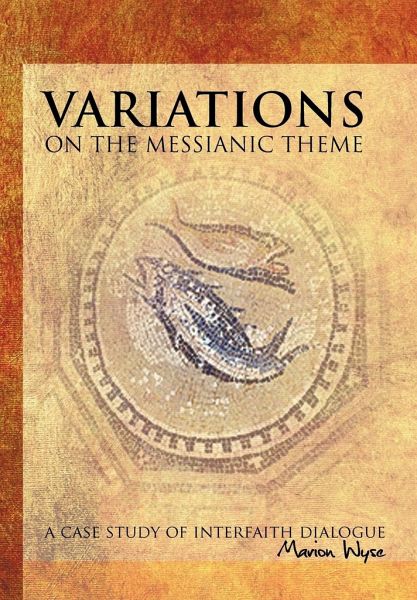
Variations on the Messianic Theme
A Case Study of Interfaith Dialogue

PAYBACK Punkte
58 °P sammeln!
Over fifty years after the Holocaust, Marion Wyse explores interfaith dialogue between the Jewish and Christian communities and attempts to evaluate what goals these communities have reached and where they now stand. While many painful issues have been addressed and Jews and Christians in dialogue have achieved a solid respect for each other, the basic disagreement over the Christian designation of Jesus as the Jewish messiah still stands. Theologians have suggested varying approaches but none convince both parties. This work employs William James' radical empirical method to show that the ori...
Over fifty years after the Holocaust, Marion Wyse explores interfaith dialogue between the Jewish and Christian communities and attempts to evaluate what goals these communities have reached and where they now stand. While many painful issues have been addressed and Jews and Christians in dialogue have achieved a solid respect for each other, the basic disagreement over the Christian designation of Jesus as the Jewish messiah still stands. Theologians have suggested varying approaches but none convince both parties. This work employs William James' radical empirical method to show that the original Jewish messianic concept, the Christian shift, and the Jewish repudiation of the shift, can each be seen as valid faith variants.




